Peter Medak’s inspired, oft overlooked haunted house movie “The Changeling” powerfully examines how trauma and grief can hang over us like ghosts.
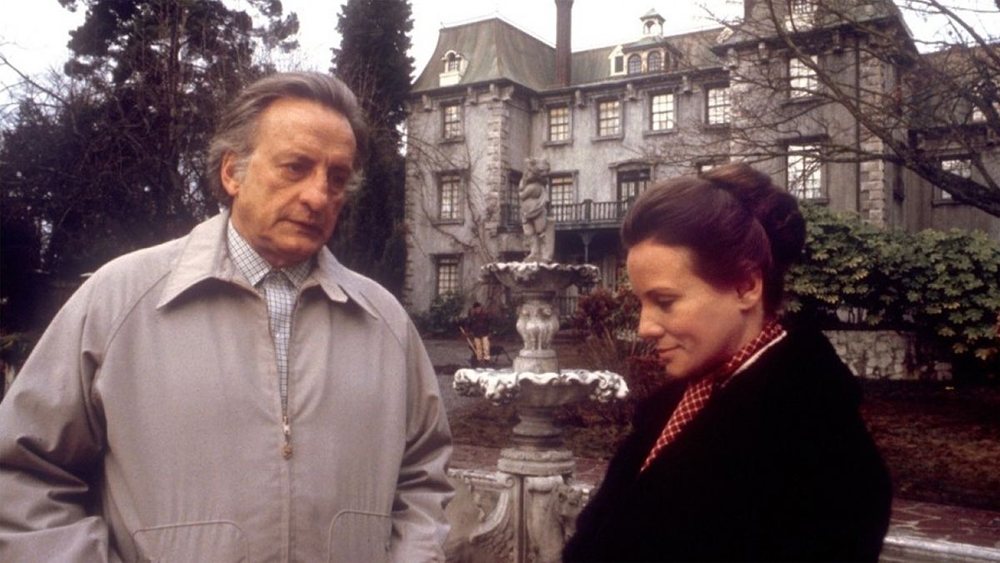
grief (/ɡrēf/), noun: 1. deep sorrow, especially that caused by someone's death.
John Russell is a loving father and husband. However, he’s become wrapped up in his career; you know, the typical working father trope. As a composer, his work days and hours aren’t exactly the usual 9 to 5, often blurring the lines between work and home life. Thus, in typical movie dad fashion, he sets up a vacation getaway so the family can reconnect.
But their road trip hits a snag when their car breaks down on an especially snowy road. They push the wagon out of the road as much as possible, while joking around and getting in some nice family bonding moments. John leaves his wife and young daughter to have a snowball fight as he ventures to the nearest phone booth to call for help.
The road is a mixture of slush, ice, and snow; the kind you have to creep down to keep from sliding out of control. It’s a recipe for disaster when a careless driver whips around the corner too quickly and loses control of his car. John watches helplessly from the confines of the glass booth as the car careens towards his daughter. The mother intervenes quickly, pulling her daughter out of harm’s way. But a mack truck comes hurtling from the other direction, smashing into the car, sending it flying into John’s wife and daughter as he looks on.
People handle the horror of grief in a variety of ways.
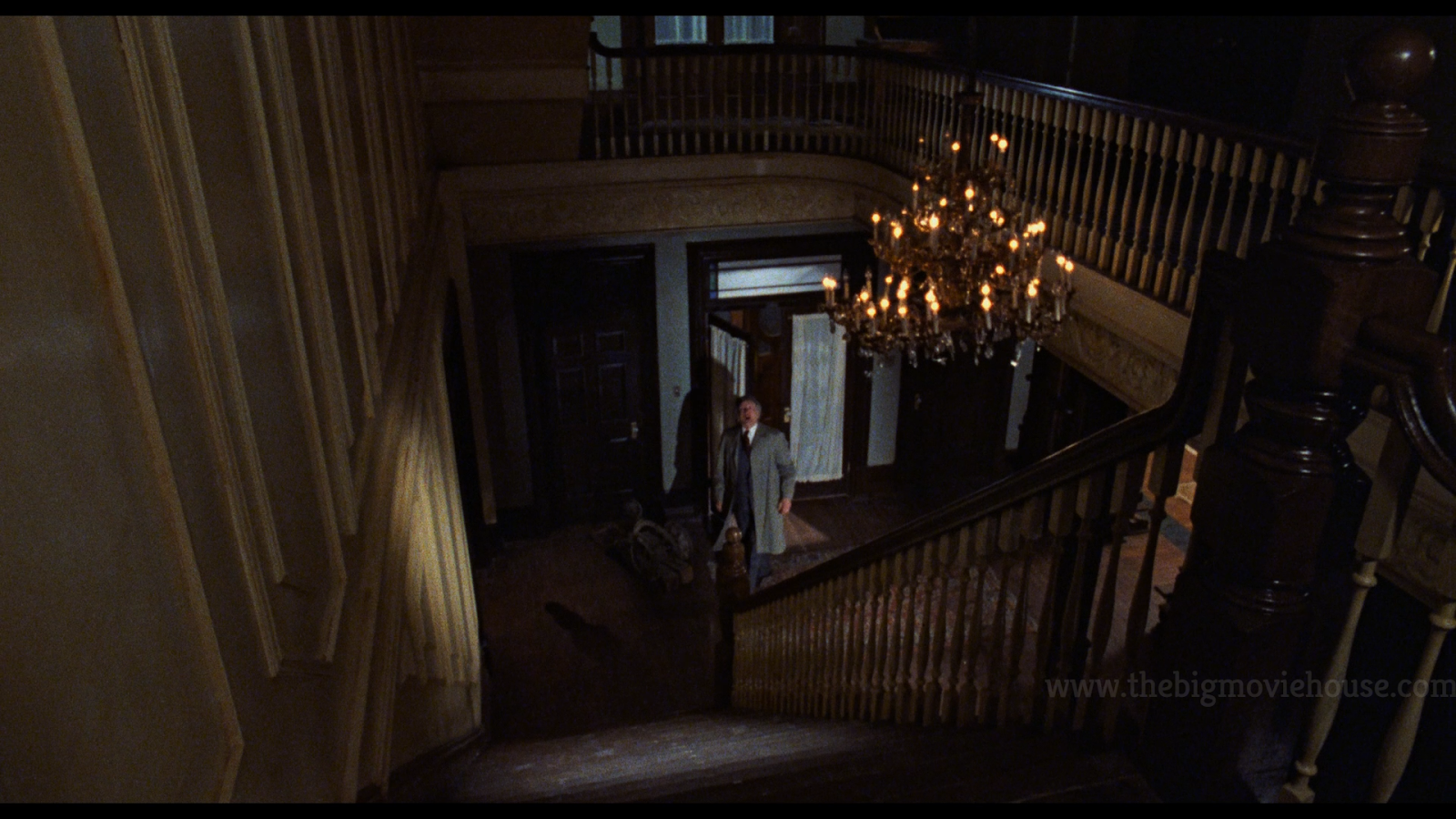
Some people completely shut down, unable to go on with even basic activities. Some go into shock, living as though nothing has happened until it catches up with them months or years later. And many throw themselves into work, maintaining that they’ve dealt with the problem and are fine now, distracting themselves until the pain goes away little by little. John chooses the latter to deal with his immense grief and guilt over not being able to save his family.
Moving across the state to leave his tragic past behind, he buys an abandoned Victorian mansion where he can finishing working on his latest composition. As you might expect, things get strange quickly.
John hears a voice, sees the apparition of a boy in the bathtub, and soon discovers a music box that plays the same song he has just recorded on the piano. After doing some digging, John and his new girlfriend, Claire, find out that a young girl was killed in a traffic accident in front of the house.
Immediately, the explanation doesn’t quite make sense to John.
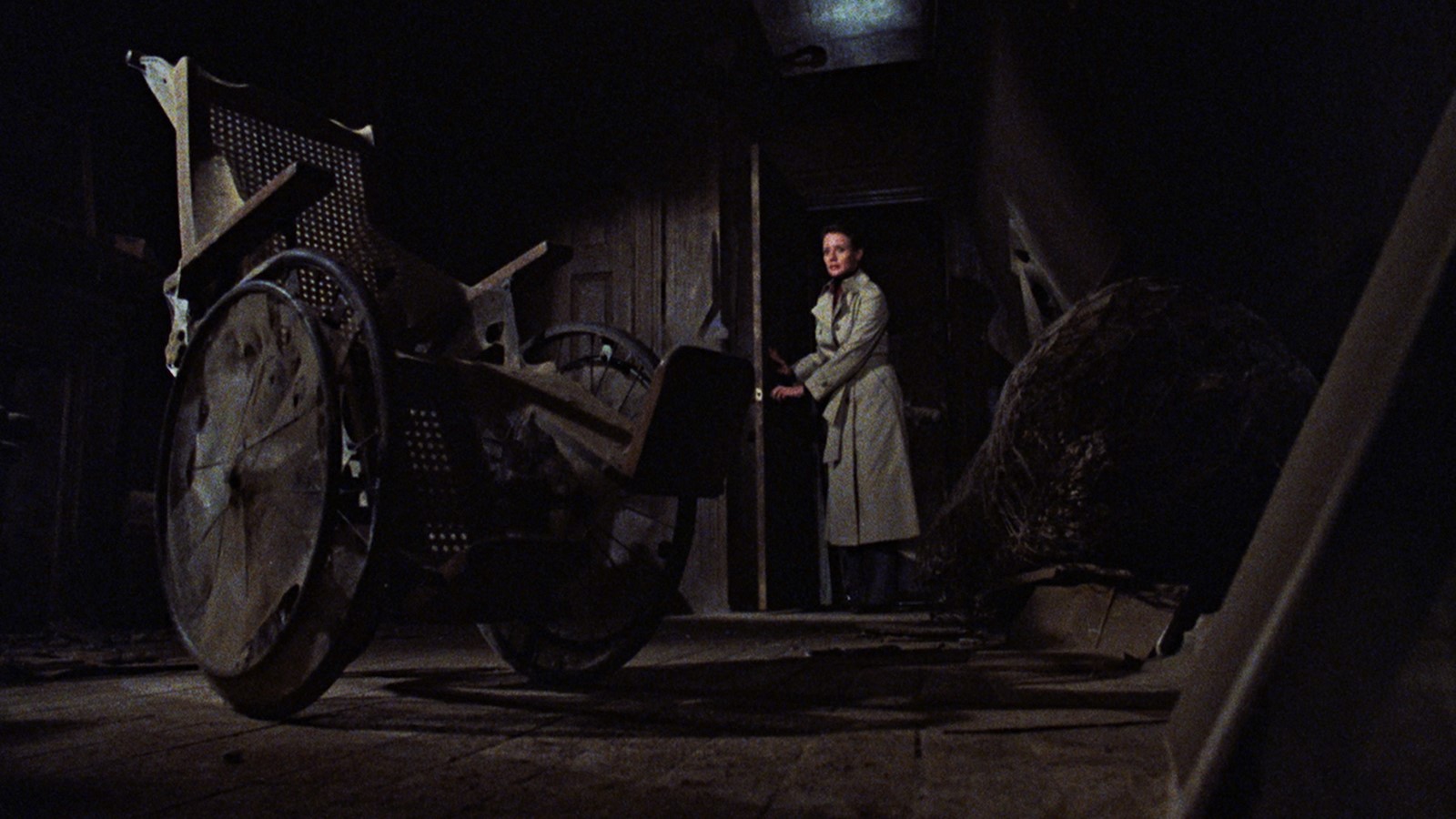
The apparition in the bathtub was that of a young boy, and the voice he hears, though high pitched, doesn’t belong to a girl.
However, John desperately wants the ghost to be that of the young girl so that he may set it free, and in doing so, free himself. The day his daughter died, he was powerless, unable to help her — and now unable to know what the afterlife holds for her. But if he can save another young girl, one who just so happened to die the same way as his daughter, he can finally forgive himself and maybe get the power he once held over his life back.
A seance is held in the house, where the ghost reveals itself as Joseph Carmichael. But the ghost can’t be Joseph, because Joseph is still alive, serving as a US senator.
This kicks off a complex and compelling journey to collect clues and unravel the mystery of the Carmichael family and the truth about the ghost that haunts his home.
This is a film packed with story, something you don’t often see in genre films and your typical haunted house feature.
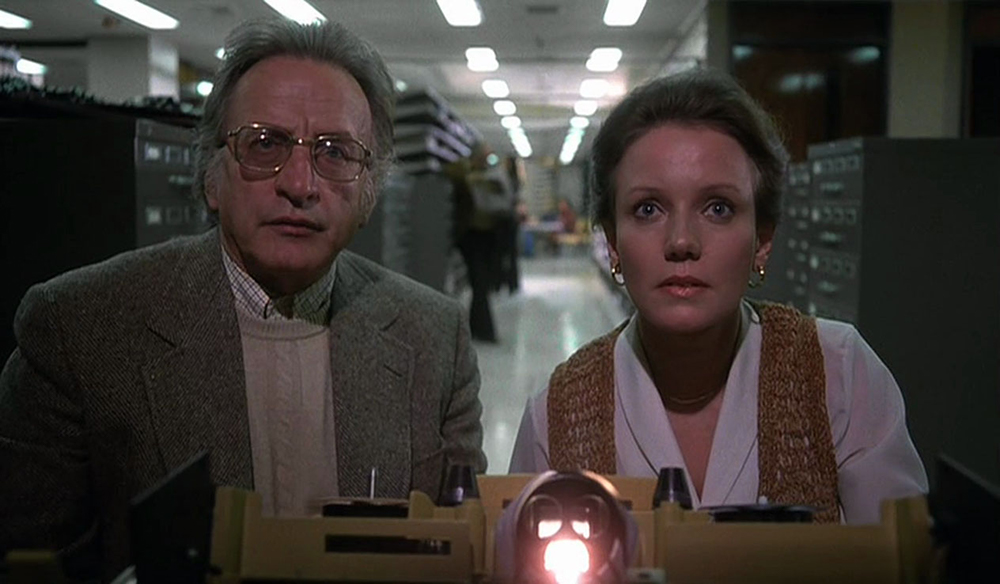
And the film executes on that story eloquently, building palpable suspense through our protagonist’s obsession to both bury and unearth painful pasts.
It all culminates in an extremely memorable ending, which highlights the technical brilliance of the film. It’s a very satisfying conclusion, both with regards to the story as well as the visceral and emotional impact.
In the end, the film examines what it means to find peace after tragedy. It mines horror from the reality that we are sometimes helpless to intervene in the workings of fate and chance. And it demands us to examine whether anyone can ever truly set us free from our pain and suffering. Ultimately, are we always left to save ourselves?


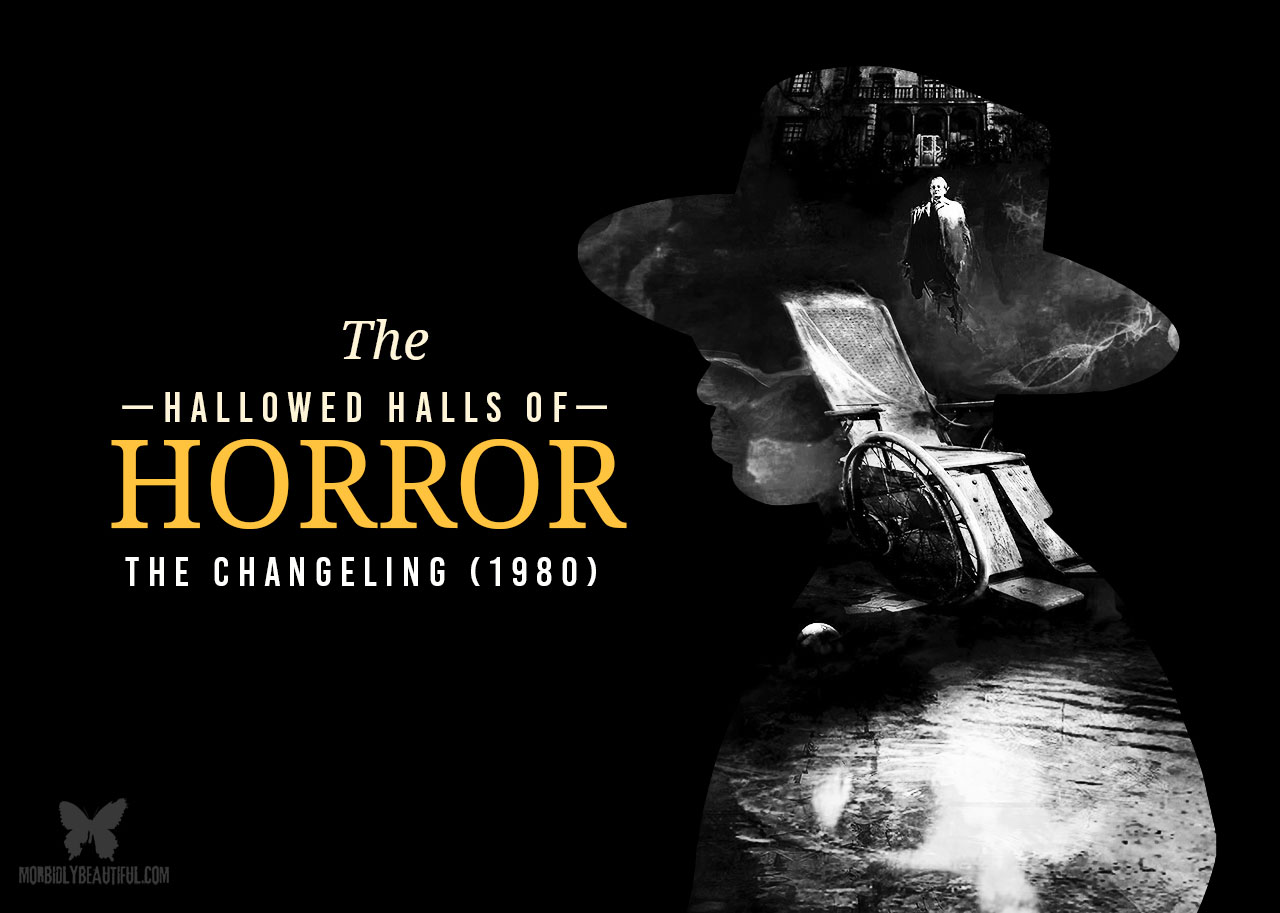
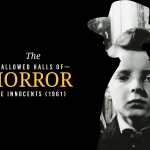

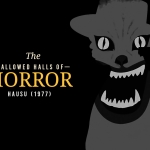





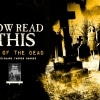


Follow Us!